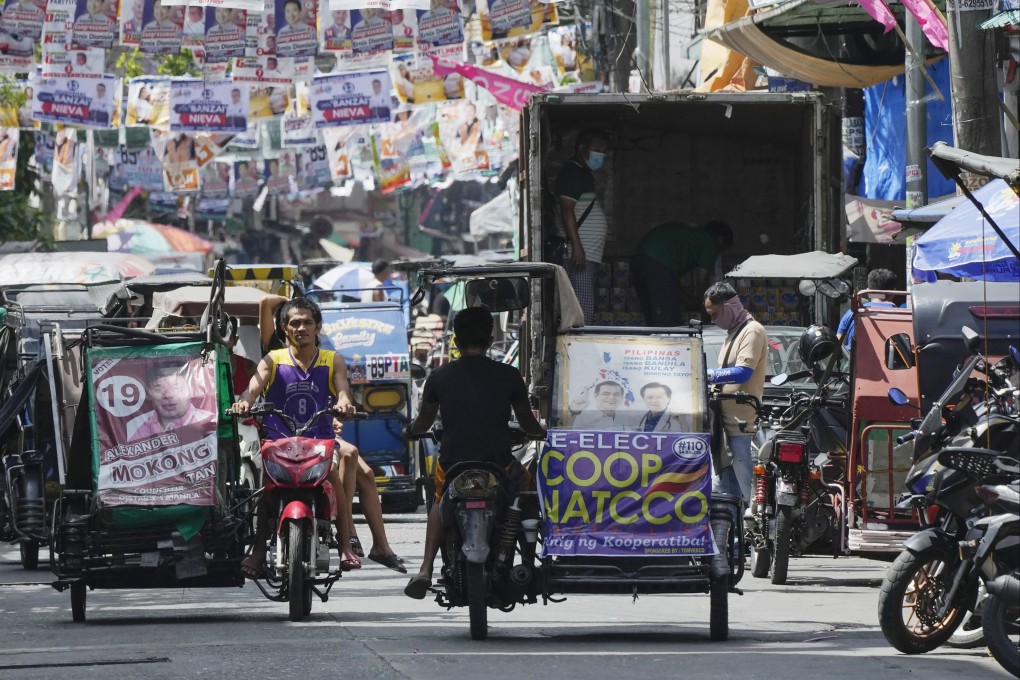For Asia to grow rich, cope with ageing, education, social welfare are essential, UN report says
- The UN report said that growth in productivity has slowed, hurting incomes and undermining the purchasing power of the region’s 2 billion workers
- Two in three workers in Asia and the Pacific had informal employment in 2023, such as day labour, lacking protections that come from formal jobs

As economies in Asia and the Pacific slow and grow older, countries need to do more to ensure that workers get the education, training and social safety nets needed to raise incomes and ensure social equity, a United Nations report said on Tuesday.
The report by the International Labour Organization said that growth in productivity has slowed, hurting incomes and undermining the purchasing power of the region’s 2 billion workers. By improving productivity, governments can boost incomes and better prepare for the ageing of their work forces, the report said.
Two in three workers in the region were in informal employment in 2023, such as day labour, lacking the kinds of protections that come from formal jobs.
“The lack of job opportunities that meet decent work criteria, including good incomes, not only jeopardises social justice in the region, but it also presents a risk factor for the labour market outlook,” the report said.
Showing the potential for improvement, labour productivity grew at an average annual rate of 4.3 per cent in 2004-2021, helping to raise incomes per worker in terms of purchasing power parity, which compares standards of living in different countries using a common currency, to US$15,700 from US$7,700. But it has slowed in the past decade, the report said, hindering progress toward greater affluence.
It highlighted various challenges, especially unemployment among young people not in school, which is more than triple the adult rate, at 13.7 per cent.